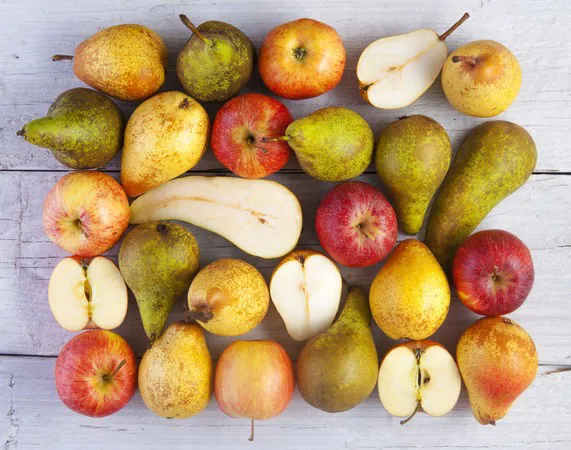Despite Covid-19 and a few tough drought years, the deciduous fruit industry has been blessed with exceptional harvests in every fruit category managed by Hortgro, after “near-perfect growing conditions”.
Hortgro expects a record apple and pear harvest this season, despite the Langkloof hail which in January removed between 1.2 million and 1.5 million cartons, and the strong March winds that damaged some Grabouw orchards. Hortgro’s Trade and Markets Manager, Jacques du Preez, said they expect 4% more apples to be exported, while pear exports are expected to rise by 6%.
According to Du Preez, the volumes and quality of the apples heading to the markets were driven by favourable weather conditions. “We received good rainfall in the Western Cape last winter along with a cool spring and moderate summer temperatures that have overall been good for the quality of the fruit, especially colour development on our apples.” Young orchards coming into production, also contribute to the higher export volumes.
Covid-19 still remains a challenge for the deciduous fruit industry value chain. Production, packhouses and marketers are all vigilant and strictly adhere to safety protocols. “Producers follow the Covid-protocols with precision and therefore there is enough labour to get the harvest from the trees and into the packhouses. We have to congratulate our producers for managing a difficult situation very responsibly,” Du Preez said. Consumer demand for fresh fruit is also very good despite lockdown regulations in various markets. “Covid has definitely prompted health consciousness of consumers,” Du Preez said.
Logistics challenges in Cape Town harbour still remain. However, this mainly impacts the shipping routes to the Middle and the Far East. “The shortage of containers is a global problem due to the high demand for dry goods/consumer goods that are mainly driven by online purchases. This has caused shipping costs for the goods to skyrocket and thus compete with refrigerated containers for space on ships,” he said. “There are enough containers in the world, but the problem is that the containers do not make the rounds to South Africa. Chilled break-bulk ships are being looked at as alternative shipping methods, but it is difficult due to their availability as well as the cost.”
For more information: hortgro.co.za

